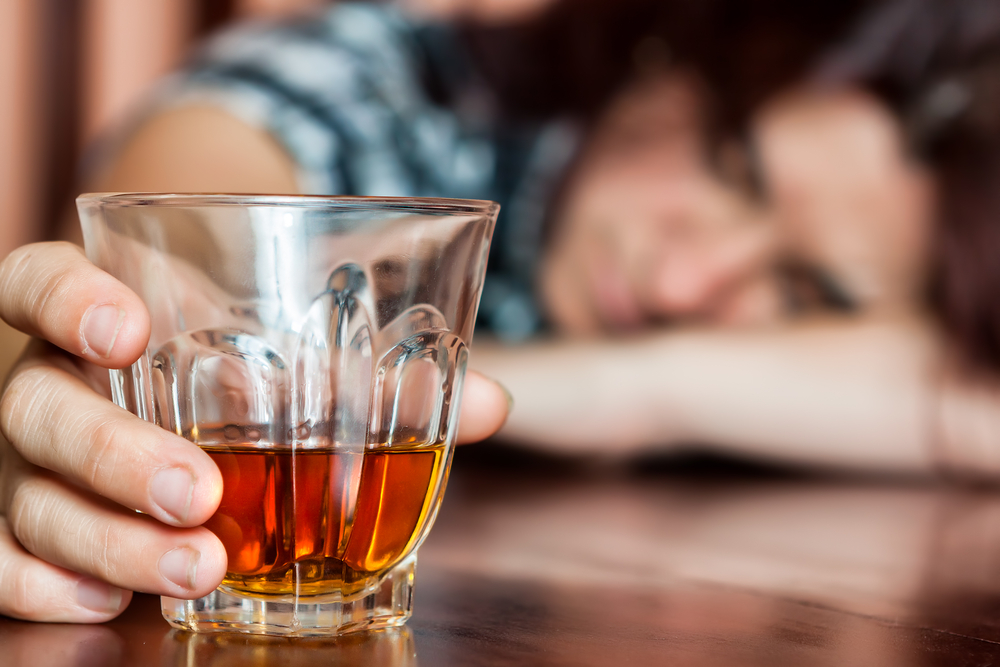The Kentucky Derby may be the greatest two minutes in sports, but a losing ticket might not be the only sour note at the end of the day. Often, those two minutes are just the apex of a day-long drink-fest.
We’ve all found ourselves indulging a bit too much and regretting it the day after when the dreaded hangover hits. The hangover, with its tale-tale symptoms: the severe headache, nausea, vomiting, sweating, dry mouth, racing heart rate, disorientation. You don’t have to waste the day away on the couch with a bucket at your side; knowing how to prevent a hangover and what to do if prevention proves futile, may help make the weekend a winner.
The Science
First, what causes a hangover? Clearly, drinking in excess causes a hangover!
“But I only had two drinks!” Knowing what constitutes “a drink” is important. The following are each considered one drink: 12 ounces of regular beer; 8-9 ounces of malt liquor; 5 ounces of wine, and 1.5 ounces of 80-proof liquor[i]. A mint julep, by the way, includes two ounces of bourbon.
Blood Alcohol Content (BAC) is the determiner for whether a person is considered legally drunk. BAC is calculated not just by how many drinks are consumed, but also weight, gender, medications, and whether (and what kind of) food has been consumed. In the U.S. the legal BAC limit is under .08.
According to Drs. Swift and Davidson[ii], the direct effects of alcohol are dehydration, electrolyte imbalance, gastrointestinal problems, low blood sugar and sleep disturbances. Alcohol acts a diuretic, which means it causes you to pee, excessively. It can also cause sweating, vomiting and diarrhea, which contribute to the imbalance of electrolytes. That feeling of weakness, dizziness and thirst are an indication you may be dehydrated. The gastrointestinal issues arise because the alcohol irritates the stomach and intestines. It also increases the production of gastric acid. This results in the nausea and vomiting part of the hangover. Although you might think alcohol brings on sleep (i.e., passing out), it decreases the amount of time a person spends in REM sleep and increases the amount of time in deep sleep. REM sleep is the dream stage and the part of sleep that helps us recuperate from the day. Alcohol keeps a person in the earlier stages of sleep when it’s easier to wake up.[iii]
The Cure
The only real way to prevent a hangover is to take precaution early on. Be mindful of how much you’re drinking and know when to stop. Don’t forget to eat meals throughout the day and drink plenty of water too. Neither is going to prevent the dreaded hangover, but the food will help slow the alcohol absorption. Drinking a glass or two of water before you go to bed will help if all fails and you wake up the next day feeling like the last horse across the finish line, try these tips.
Drink water, sports drinks, coffee: As previously mentioned, the water will help with the dehydration. The sports drink will help to correct the electrolyte imbalance. If you’re a regular coffee drinker, the caffeine in the coffee may help ease your caffeine withdrawal from skipping it. However, caffeine won’t help the dehydration.
Eat something: Having low blood sugar can be helped by eating something to raise your blood sugar levels back to normal. Start off slow because it’s not going to help if you eat a big meal only to throw it back up soon after.
Medicine: Aspirin and ibuprofen will help ease your headache, but avoid acetaminophen. It’s not kind to the stomach. Antacids and anti-nausea medication may help settle your stomach. Ginger is a natural anti-nausea food. Ginger ale, tea or even cookies may help ease the pain.
Rest: Pure rest will help your body to correct your bad behavior. Allow yourself to actually sleep while your liver works to process the alcohol and it may help you avoid having to endure the nausea and vomiting.
Above all, precaution is the best bet to hold off a nasty post-Derby hangover. Have your fun, win some races, and be safe!
Derby Warning: Bourbon may produce a more severe hangover than other beverages due to its higher levels of minor compounds other than ethanol that occur naturally in the fermenting and distilling process.[iv]
Photo: Shutterstock.com/Kamira
[i] http://rethinkingdrinking.niaaa.nih.gov/WhatCountsDrink/WhatsAstandardDrink.asp
[ii] Swift, R., Davidson, D., Alcohol Hangover: Mechanisms and Mediators, Alcohol Health and Research World, 54-60, 1998
[iii] http://www.ninds.nih.gov/disorders/brain_basics/understanding_sleep.htm
[iv] http://www.ncbi.nlm.nih.gov/pubmed/20712591



